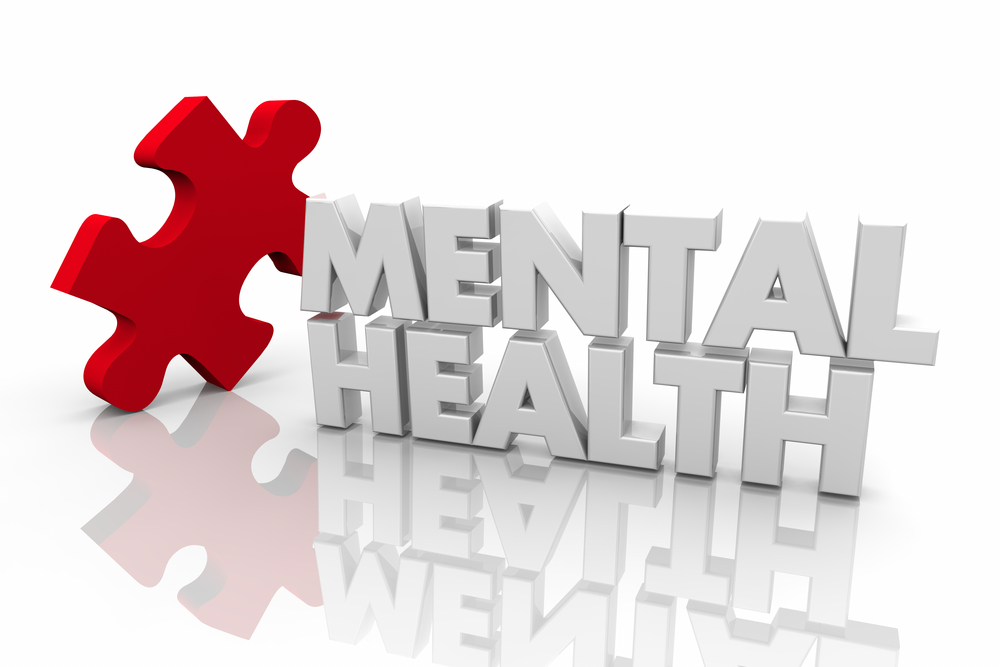
The World Health Organization (WHO) has recently published reports showing robust demand for mental health medications, suggesting that these kinds of drugs will grow exponentially in the foreseeable future.
The WHO points to several things contributing to the demand for mental health medications, including (but not limited to) significant societal changes and upheaval, lifestyle changes, economic concerns, new work/life balance issues, and more.
These issues have led to significant growth in interest in medical health medications. This demand shows zero sign of waning or tapering off anytime soon.
WHO Shows Just How Strong Demand for Mental Health Meds is Right Now
Experts at the WHO report that billions of people worldwide are struggling with or impacted by mental health conditions.
The WHO shows that hundreds of millions of people have been clinically diagnosed with depression, and hundreds of millions are more likely to suffer without a proper diagnosis. In addition, millions of people also struggle with more serious mental health conditions like bipolar disorder, and millions are plagued with severe mental health diseases like schizophrenia.
More and more people are seeking out medical interventions for mental health issues they’ve either been diagnosed with or are concerned that they are struggling with.
Awareness of Mental Health Issues Helps to Drive Record Demand
Over the last 25 to 30 years, significant public and private initiatives have been global to increase awareness of mental health issues. Initiatives like World Mental Health Day have shown how effective global communities can be when confronting specific problems.
This work has proven to be very fruitful, highlighting several mental health issues overlooked and underappreciated.
At the same time, all of these initiatives have helped drive the demand – record demand – for mental health medications, therapy, or a combination of the two.
Medications are Becoming a Popular Mental Health Intervention
While therapy was considered a more traditional approach to resolving mental health illnesses, today’s society is much more interested in a quick fix and a fast track to getting back to some ” normal ” baseline.
The demand for mental health medications has never been as high as today. Incredibly, industry experts (as well as those at the WHO) believe this demand is nowhere near its peak. We are likely to see even more people seek out mental health interventions, especially medical interventions, in the years to come.
Projected Growth for Mental Health Meds Points Up
One of the biggest challenges the mental health community will have to confront in the next few years will be measuring the effectiveness of the current crop of mental health medicines on the market today.
Many of these interventions are relatively new, certainly newer than treating mental health with therapy.
The medical profession and the pharmaceutical industries are going to have to reconcile with the data they compile, plotting a course forward to help people deal with their mental health conditions and improve their overall lives and wellness.
You may be interested in: What is the control group? Definition and examples

